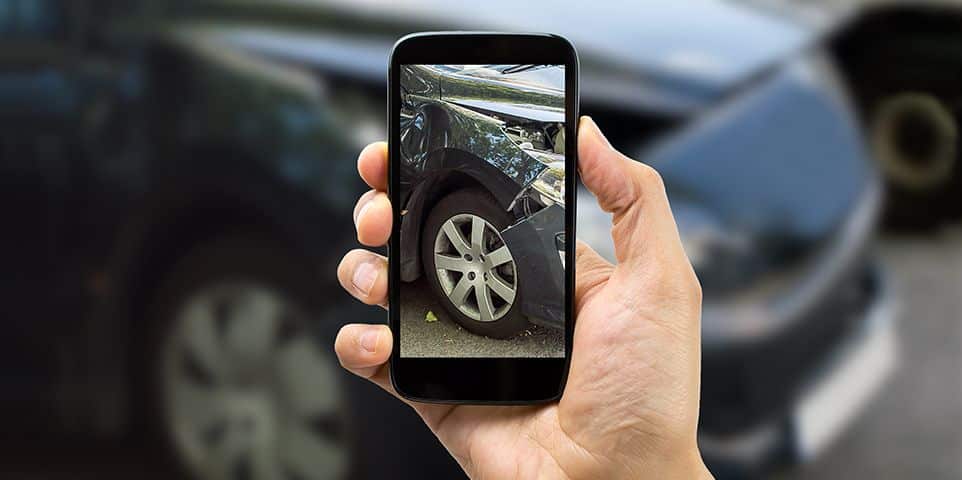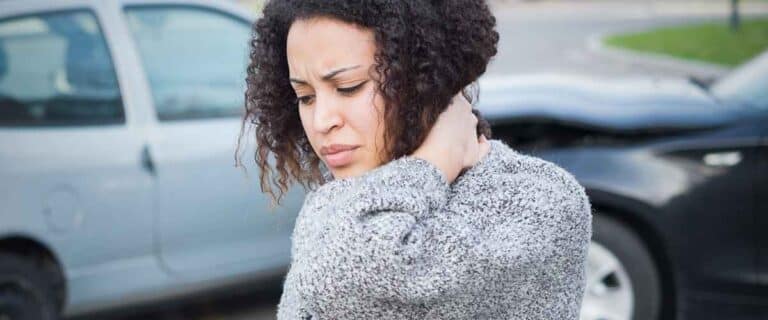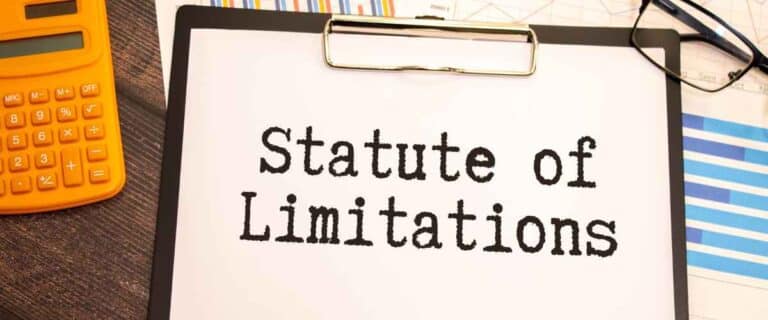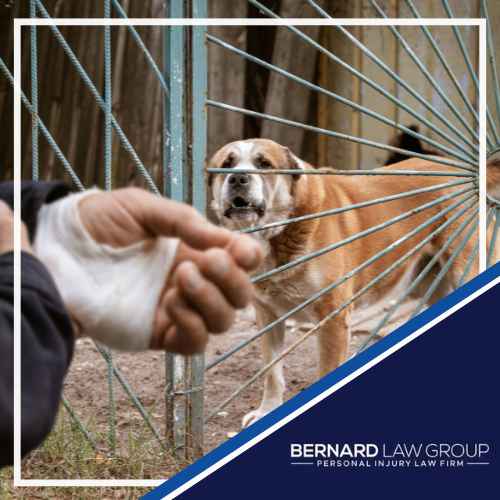In the aftermath of a car accident, chaos often reigns. Amid the adrenaline, confusion, and potential injuries, it can be difficult to focus on collecting evidence.
However, what you do in those critical moments can significantly impact your ability to recover damages later. As a car accident lawyer in Seattle might tell you, well-documented evidence can be the deciding factor in proving liability and securing fair compensation.
This checklist will guide you through the essential steps to gather evidence effectively and protect your rights.
Ensure Safety and Call for Help
Before collecting evidence, prioritize safety. If possible, move vehicles to the side of the road and activate hazard lights to prevent further accidents. In Washington, it’s required by law to report an accident if there are injuries, fatalities, or property damage exceeding $1,000. Call 911 to report the incident and request assistance from emergency services.
Washington Revised Code §46.52.030 mandates that drivers involved in accidents file a collision report within four days if law enforcement is absent. While waiting for help, take the time to begin documenting the scene.
Document the Scene Thoroughly
Photographs and videos are among the most valuable forms of evidence. They provide an unbiased visual representation of the accident and its aftermath.
Use your phone to capture:
- Vehicle damage from multiple angles
- The position of the vehicles
- Skid marks, debris, and road conditions
- Traffic signs, signals, and road hazards
- Weather conditions at the time
Include landmarks in your photos to establish the location. If you’re unsure which details are important, remember that a Seattle car accident attorney can help identify crucial evidence later.
Gather Witness Information
Eyewitness accounts can corroborate your events, especially if the fault is disputed. Approach bystanders who saw the accident and ask for their names and contact information. If they’re willing, record a brief statement about what they saw. Witness testimony can be instrumental in building your case, as neutral third-party perspectives often carry significant weight.
Exchange Information
Exchange the following details with the other driver(s):
- Name, address, and phone number
- Driver’s license number
- License plate number
- Insurance company and policy number
Washington is an at-fault state, meaning the driver responsible for the accident is liable for damages. Accurate information allows your auto accident lawyer in Seattle to file a claim against the appropriate party.
Take Notes About the Incident
Memory can be unreliable, especially after a traumatic event. Take a few moments to jot down everything you remember about the accident while it’s still fresh. Include details like:
- The time and date of the accident
- The direction and speed of travel for each vehicle
- Actions taken by each driver before the crash
- Any statements made by the other driver or witnesses
These notes may help your attorney reconstruct the events leading to the accident.
Seek Medical Attention
Even if you feel fine, seeking medical attention as soon as possible is important. Some injuries, like whiplash or internal trauma, may not manifest symptoms immediately. A medical evaluation records your injuries, crucial for proving damages in a personal injury claim.
A study by the Washington Traffic Safety Commission found that 28% of accidents in the state result in injury or death. Prompt medical care protects your health and strengthens your case by linking injuries directly to the accident.
Obtain a Police Report
When law enforcement arrives, provide an accurate account of what happened but avoid admitting fault. Officers will document their observations and file a police report, which is often considered a credible piece of evidence. Your Seattle car accident attorney can obtain a copy of this report to support your claim.
According to Washington law, RCW §46.52.080, police reports must include details like the location, time, and conditions of the accident and the names of involved parties. This information can provide a foundation for your case.
Preserve Evidence Over Time
After leaving the scene, continue to preserve evidence that could support your claim. Keep copies of:
- Medical records and bills
- Car repair estimates and receipts
- Pay stubs if you miss work due to injuries
- Communication with insurance companies
If possible, avoid having your vehicle repaired immediately, as it can serve as physical evidence. Consult the best car wreck attorney near me to determine the appropriate steps for preserving evidence.
Why Evidence Matters
Evidence is pivotal in determining fault and damages in car accident cases. Washington follows a comparative negligence rule under RCW §4.22.005, which means your percentage of fault can reduce compensation. For example, if you’ve found 20% at fault for the accident, your damages will be reduced by 20%. Solid evidence helps minimize disputes over liability and maximizes your compensation.
Partner with a Legal Advocate
Even with a comprehensive checklist, navigating the complexities of a car accident claim can be overwhelming. Working with a skilled auto accident lawyer in Seattle ensures that no detail is overlooked and that your rights are protected. From gathering additional evidence to negotiating with insurance companies, an experienced attorney can provide invaluable support during this challenging time.
If you’re searching for the best car wreck attorney near me, consider Bernard Law Group. Our team has helped countless accident victims secure fair compensation. Contact us today for a free consultation to discuss your case and learn how we can help you move forward.
By following this checklist, you’ll be better prepared to handle the aftermath of an accident and build a strong case for recovery. Remember, every piece of evidence you gather could make a difference in achieving a favorable outcome.




